Overview
- The UGC-NET exam aims to assess the eligibility of Indian citizens for the roles of Assistant Professor and 'Junior Research Fellowship' in Indian universities and colleges. The University Grants Commission (UGC) has delegated the responsibility of conducting the UGC-NET examination to the National Testing Agency (NTA).
- The UGC-NET examination is conducted by the National Testing Agency (NTA) in Computer Based Test (CBT) mode. However, as a one-time exception, the June 2024 session was conducted in offline (OMR-based) mode. Apart from this instance, the exam continues to be held in CBT mode, which has been the standard format since December 2018.
- In accordance with the exam pattern and the syllabus outlined by the UGC, we offer various courses for the NTA UGC-NET exam, these courses include Paper-I and English Literature, Political Science, History and Commerce under Paper-II
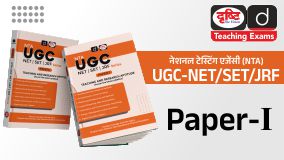
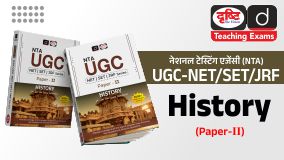
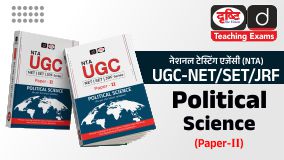
Pattern
- The UGC-NET Exams comprise two papers, namely Paper-I and Paper-II. Paper-I, also known as 'Teaching & Research Aptitude,' is of a general nature, evaluating a candidate's proficiency in Teaching Aptitude, Communication, Mathematical & Analytical Reasoning, and more.
- Conversely, Paper-II is a subject-specific paper aligned with the candidate's post-graduation subject. Paper-I and Paper-II comprise 50 and 100 questions, respectively. The detailed pattern is outlined as follows:
| UGC-NET Exam Pattern | |
| Mode of Examination | Online (CBT Mode) |
| Total no. of papers | 2 (Paper-I & Paper-II) |
| Marking Scheme | 2 Marks for every correct answer. (No Negative Marking) |
| Number of Questions | 150 Questions (Paper-I: 50 Questions and Paper-II: 100 Questions) |
| Type of Questions | Multiple Choice Questions (MCQs) |
| Duration | Total 3 Hours (Paper-I: 1 Hour, Paper-II: 2 Hours) |
| Medium | English & Hindi (Except language papers) |
| Total Marks | 300 Marks (Paper-I: 100 Marks and Paper-II: 200 Marks) |
Strategy & Syllabus
A thoughtful pre-exam strategy is vital for student success, impacting time management, topic prioritization, stress reduction, and resource optimization. It enables efficient time allocation, ensuring balanced attention to different sections. The strategy helps prioritize significant topics and minimizes anxiety by familiarizing students with the exam structure. It promotes optimal resource use, aids effective revision, and instils confidence through goal setting and adaptive approaches. Overall, the strategy empowers students to approach exams confidently, enhancing their ability to perform well under various exam conditions. Considering this, we have delineated comprehensive strategies for each of the papers offered in our courses. We are confident that by reading and implementing these strategies, students can enhance their likelihood of not only qualifying the exam but also achieving higher marks.
| Paper-I | English Literature | Political Science |
| History | Commerce | Sociology |
- The primary aim of this paper is to assess the teaching and research capabilities of the candidates. Consequently, candidates are expected to demonstrate cognitive abilities, including comprehension, analysis, evaluation, understanding of argument structure, deductive and inductive reasoning. Additionally, candidates should possess a broad knowledge of teaching and learning in institutes of higher education, along with a general understanding of Information Technology and awareness of the interaction between people, the environment, natural resources, and their impact on quality of life. Paper-I in the UGC NET exam is not specific to any subject but holds significance in determining candidates' eligibility for the Assistant Professorship or Junior Research Fellowship.
- The University Grants Commission has outlined the syllabus for Paper-1, dividing it into 10 units. The question paper comprises 50 multiple-choice questions, with each question offering four options. Candidates are required to select the correct option, and typically, 5 questions are posed from each unit. Each correct answer is awarded 2 marks, and no marks are deducted for incorrect responses. To excel in the UGC NET exam, a thorough understanding of the nature and structure of Paper-I is crucial. Crafting an effective study plan tailored to this paper is essential. Key points to grasp an effective strategy for Paper-1 in the UGC NET exam include:
Understanding the Syllabus
- Candidates are advised to have a comprehensive understanding of the UGC NET Paper-1 syllabus.
- This syllabus encompasses diverse topics, including Teaching Aptitude, Research Aptitude, Comprehension, Communication, Mathematical Reasoning and Aptitude, Logical Reasoning, Data Interpretation, Information and Communication Technology (ICT), People, Development and Environment, and Higher Education System.
Formulating a Comprehensive Study Plan
- Candidates are encouraged to develop a practical and thorough study plan aligned with the syllabus. Identifying both strengths and weaknesses is crucial, allowing candidates to allocate ample time to each subject, with a priority on areas where improvement is needed.
- For a better understanding of what and how much to study in any section of Paper I, referring to previous years' questions is essential. Analyzing past question papers provides valuable insights into the content of various sections of the syllabus and aids in formulating effective study strategies.
- Some points regarding the strategies for major sections are as follows:
Teaching Aptitude
In this section, candidates are advised to focus on the following elements to enhance their understanding:
- Grasping the fundamental principles of the teaching and learning processes.
- Remaining current with evolving educational theories and methodologies.
- Acquiring in-depth knowledge about the teacher's role in the education system.
- Maintaining awareness of contemporary issues in education.
Research Aptitude
Candidates should endeavour to understand the following facets pertaining to Research Aptitude:
- Familiarity with diverse research methods and techniques.
- Engaging in the resolution of research-based queries and the interpretation of data.
- Grasping the fundamentals of statistical methods employed in research.
Comprehension
Comprehension is a section that appears deceptively easy but can be challenging to master. Nonetheless, candidates can achieve success in 'Comprehension' by keeping a few essential points in mind. Strategic considerations for this section include:
- Quickly skim through the questions related to the passage before reading it. This gives you a sense of what information to look for while reading.
- Underline or highlight important terms in the questions. This helps in focusing on the specific information you need to find in the passage.
- Read the passage actively, paying close attention to details. Engage with the text rather than just skimming through.
- Identify the main ideas and key points in each paragraph. Understanding the overall structure of the passage aids in answering questions more accurately.
- Go back to the questions after reading the passage. This ensures that you have a clear understanding of what is being asked and what information is needed to answer each question.
- Eliminate obviously incorrect answer choices. Use your understanding of the passage to eliminate options that do not align with the information provided.
Communication
- Candidates are advised to familiarize themselves with fundamental communication theories, models, and concepts, understanding their applications in various communication forms, including interpersonal, mass media, and organizational contexts.
- Additionally, they should concentrate on comprehending the functioning of mass communication in India, acquainting themselves with the relevant bodies and agencies associated with it.
- Given the somewhat dynamic nature of certain aspects of 'Communication,' candidates are encouraged to stay abreast of current and relevant information.
Mathematical Reasoning & Aptitude
- Candidates are encouraged to enhance their proficiency in fundamental arithmetic, including concepts such as percentage, ratios, and proportions. Mastery in solving arithmetic problems requires consistent practice to strengthen numerical aptitude.
- Candidates are advised to give due importance to reasoning too. Regular practice in areas such as series, coding-decoding, and patterns is essential for a thorough understanding and proficiency in reasoning.
Logical Reasoning
This Section in paper-I is significantly different from the traditional reasoning questions asked in various competitive exams. Hence, the candidates should carefully study all the points mentioned in the syllabus and focus on parts, such as– Structure of Arguments, Fallacies, Deductive & Inductive Reasoning, and aspects of Indian Logic.
Data Interpretation
Data interpretation questions at the basic level often involve understanding and analyzing information presented in tables, graphs, or charts. Here are some pointers to help you solve basic-level data interpretation questions:
- Start by reading the title and labels of the given data.
- Understand the units of measurement and any key terms used in the data.
- If the data involves percentages or ratios, calculate them to better understand the relationships between different elements.
- Address each question one by one. Read the questions carefully and refer to the data to find relevant information.
- If exact values are not provided, use the data to make reasonable estimates. This can help in eliminating answer choices that are clearly incorrect.
- Some questions may require basic arithmetic calculations, so make sure you are comfortable with addition, subtraction, multiplication, and division.
- If you're unsure about an answer, try to eliminate obviously incorrect choices. This can increase your chances of selecting the correct option.
- Data interpretation is a skill that improves with practice. Work on a variety of data sets to become more comfortable with different types of representations. Remember to approach each question systematically and practice regularly to build confidence in your data interpretation skills.
Information & Communication Technology
In this section, candidates are anticipated to possess foundational computer knowledge. It is imperative that the candidate:
- Grasps the fundamentals of Information and Communication Technology (ICT).
- Acquires knowledge about computer applications, internet usage, and e-governance.
- Keeps abreast of current technological trends and advancements in the field of information technology. This knowledge can contribute to a more comprehensive understanding of basic computer concepts.
People, Development & Environment
To grasp this section, candidates should:
- Address concerns related to diversity, inclusion, and sustainable development.
- Endeavor to comprehend the interconnections among individuals, society, and the environment.
Higher Education System
Given that the examination pertains to higher education and research, candidates are anticipated to:
- Acquire knowledge about the structure and operations of higher education institutions in India.
- Remain abreast of the latest developments in the higher education sector.
In addition to formulating targeted strategies for each section, candidates are advised to engage in extensive practice by solving Previous Year Papers and Mock Tests. In our UGC NET Paper-I courses (English & Hindi), we offer a substantial number of Mock Tests, complemented by discussions on Previous Year Questions (PYQs) during classes. This comprehensive approach ensures thorough preparation, equipping students to tackle any challenges presented in the exam.
Furthermore, it is recommended that students refer to a comprehensive book covering all relevant sections. We have published a book in both English and Hindi that provides detailed coverage of the necessary topics and includes questions asked from each section in previous years.
By adhering to the outlined strategy with precision, students can aim for high scores in Paper-I, consequently enhancing their prospects for qualifying for the Junior Research Fellowship (JRF).
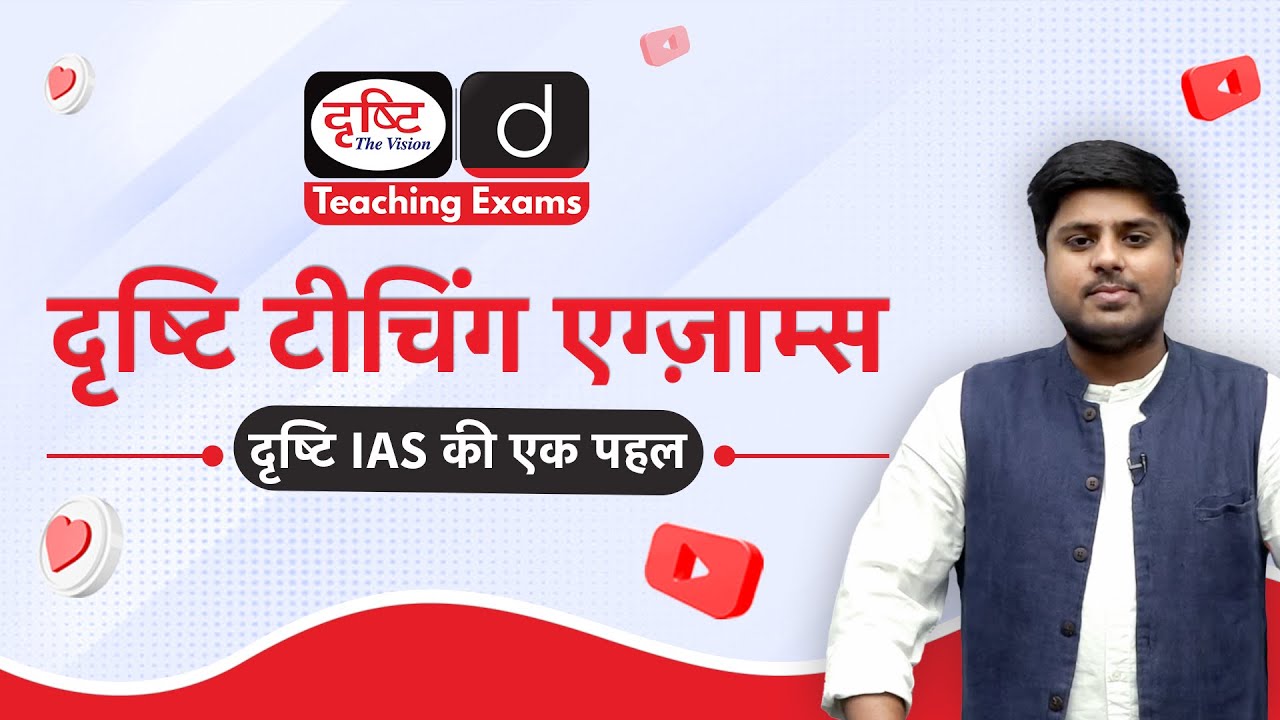
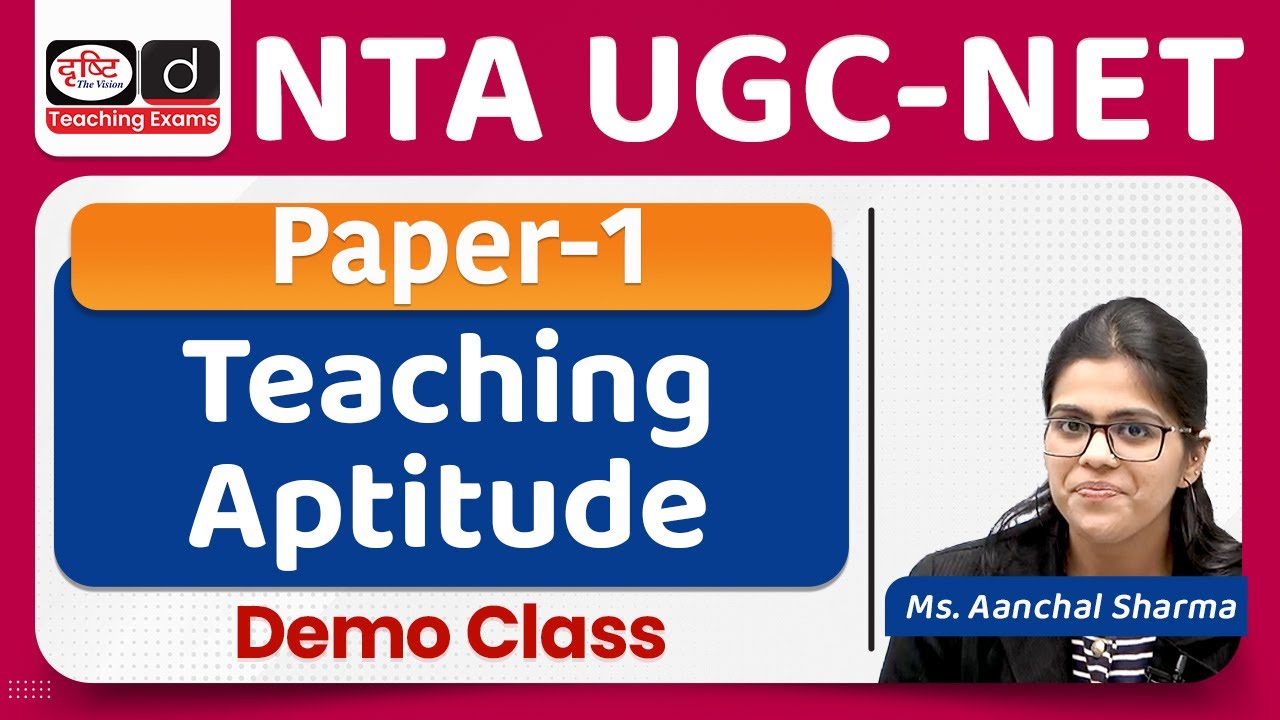
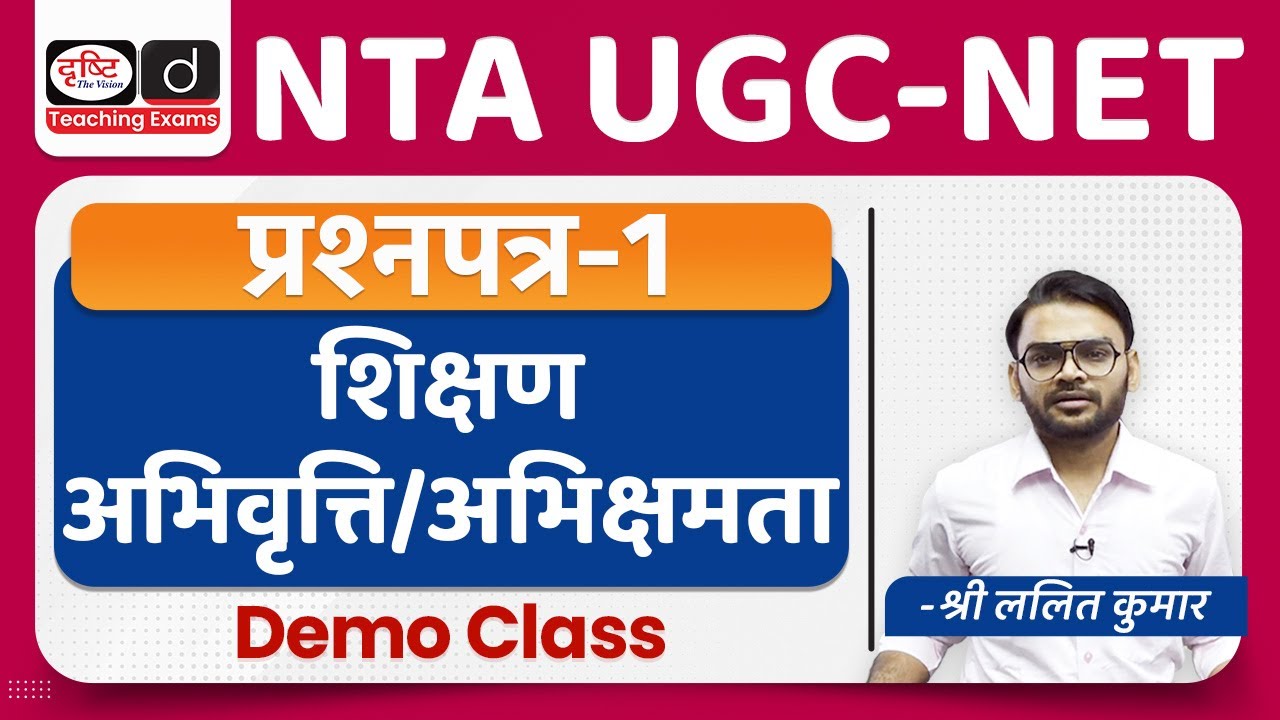
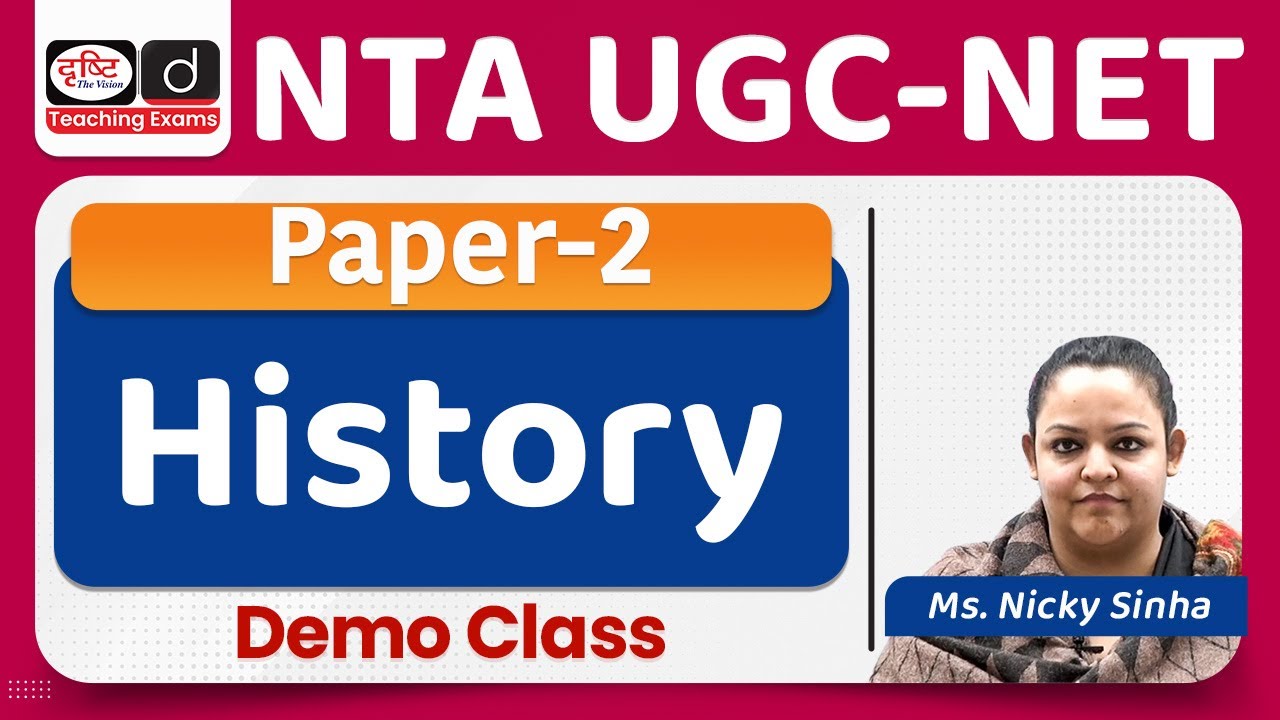
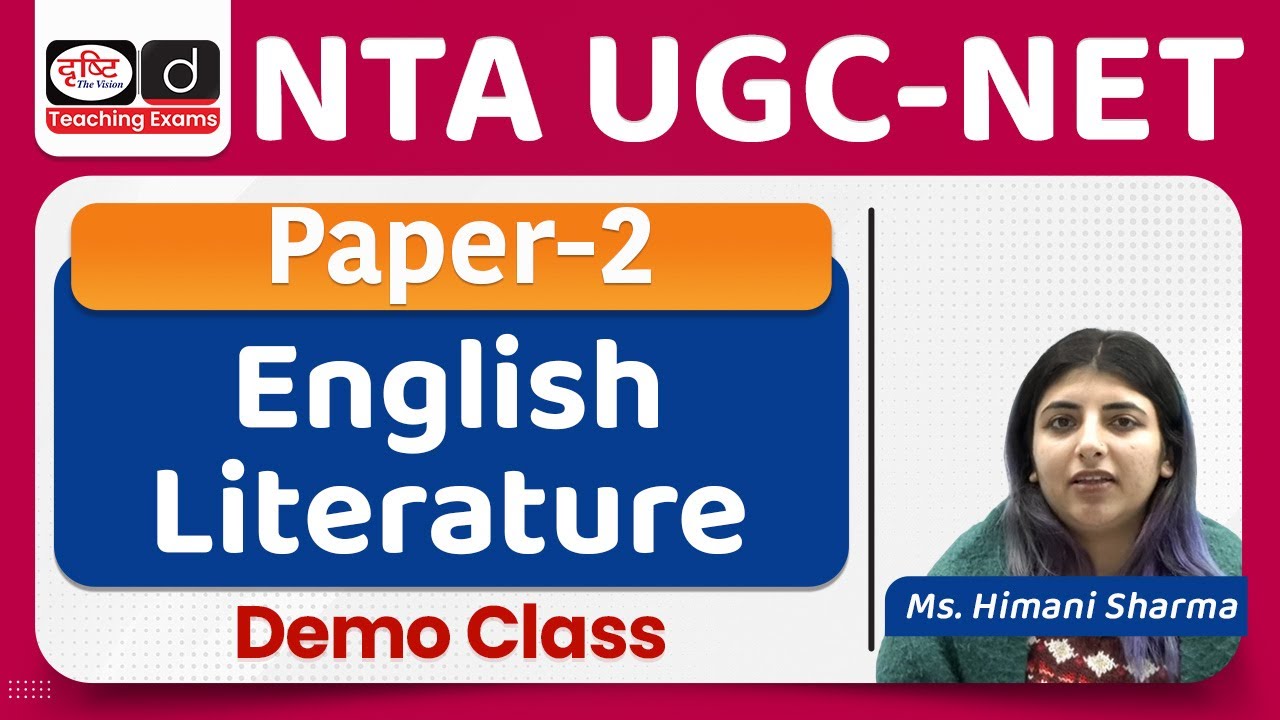
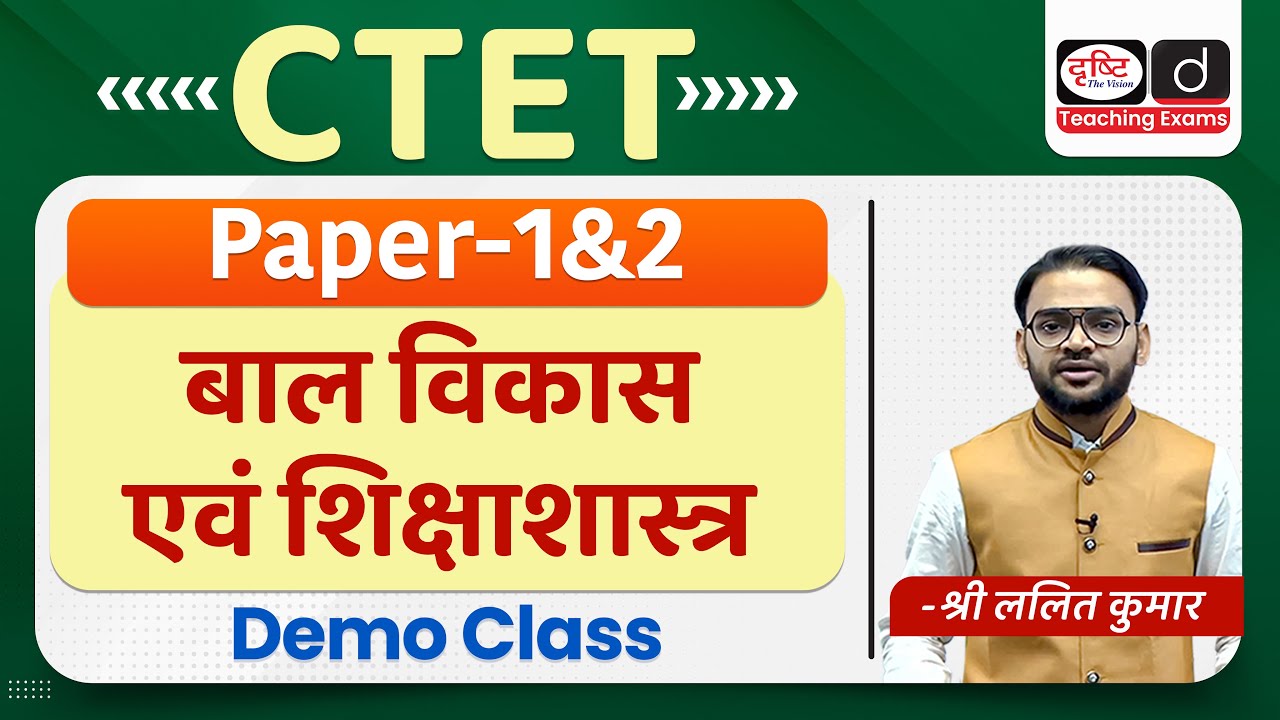
The Detailed Syllabus for UGC NET Paper-I is as follows:
Unit-I: Teaching Aptitude
- Teaching: Concept, Objectives, Levels of teaching (Memory, Understanding and Reflective), Characteristics and basic requirements.
- Learner’s characteristics: Characteristics of adolescent and adult learners (Academic, Social, Emotional and Cognitive), Individual differences.
- Factors affecting teaching related to: Teacher, Learner, Support material, Instructional facilities, Learning environment and Institution.
- Methods of teaching in Institutions of Higher Learning: Teacher centred vs. Learner centred methods; Off-line vs. On-line methods (Swayam, Swayamprabha, MOOCs etc.).
- Teaching Support System: Traditional, Modern and ICT based.
- Evaluation Systems: Elements and Types of evaluation, Evaluation in Choice Based Credit System in Higher education, Computer based testing, Innovations in evaluation systems.
Unit-II: Research Aptitude
- Research: Meaning, Types, and Characteristics, Positivism and Postpositivistic approach to research.
- Methods of Research: Experimental, Descriptive, Historical, Qualitative and Quantitative methods.
- Steps of Research.
- Thesis and Article Writing: Format and styles of referencing.
- Application of ICT in research.
- Research ethics.
Unit-III: Comprehension
- A passage of text to be given. Questions be asked from the passage to be answered.
Unit-IV: Communication
- Communication: Meaning, types, and characteristics of communication.
- Effective Communication: Verbal and Non-verbal, Inter-Cultural and group communications, Classroom communication.
- Barriers to effective communication.
- Mass-Media and Society.
Unit-V: Mathematical Reasoning and Aptitude
- Types of Reasoning.
- Number series, Letter series, Codes and Relationships.
- Mathematical Aptitude (Fraction, Time & Distance, Ratio, Proportion and Percentage, Profit and Loss, Interest and Discounting, Averages etc.).
Unit-VI: Logical Reasoning
- Understanding the structure of arguments: argument forms, structure of categorical propositions, Mood and Figure, Formal and Informal fallacies, Uses of language, Connotations and denotations of terms, Classical square of opposition.
- Evaluating and distinguishing deductive and inductive reasoning.
- Analogies.
- Venn diagram: Simple and multiple use for establishing validity of arguments.
- Indian Logic: Means of knowledge.
- Pramanas: Pratyaksha (Perception), Anumana (Inference), Upamana (Comparison), Shabda (Verbal testimony), Arthapatti (Implication) and Anupalabddhi (Non-apprehension).
- Structure and kinds of Anumana (inference), Vyapti (invariable relation), Hetvabhasas (fallacies of inference).
Unit-VII: Data Interpretation
- Sources, acquisition, and classification of Data.
- Quantitative and Qualitative Data.
- Graphical representation (Bar-chart, Histograms, Pie-chart, Table-chart and Line-chart) and mapping of Data.
- Data Interpretation.
- Data and Governance
Unit-VIII: Information and Communication Technology (ICT)
- ICT: General abbreviations and terminology.
- Basics of Internet, Intranet, E-mail, Audio and Video-conferencing.
- Digital initiatives in higher education.
- ICT and Governance.
Unit-IX: People, Development and Environment
- Development and Environment: Millennium development and Sustainable development goals.
- Human and Environment Interaction: Anthropogenic activities and their impacts on environment.
- Environmental Issues: Local, Regional and Global; Air pollution, Water pollution, Soil pollution, Noise pollution, Waste (solid, liquid, biomedical hazardous, electronic), Climate change and its Socio-Economic and Political dimensions.
- Impacts of pollutants on human health.
- Natural and Energy Resources: Solar, Wind, Soil, Hydro, Geothermal, Biomass, Nuclear and Forests.
- Natural Hazards and Disasters: Mitigation strategies.
- Environmental Protection Act (1986), National Action Plan on Climate Change, International agreements/efforts -Montreal Protocol, Rio Summit, Convention on Biodiversity, Kyoto Protocol, Paris Agreement, International Solar Alliance.
Unit-X: Higher Education System
- Institutions of higher learning and education in ancient India.
- Evolution of higher learning and research in Post Independence India.
- Oriental, Conventional and Non-conventional learning programmes in India.
- Professional, Technical and Skill Based education.
- Value education and environmental education.
- Policies, Governance, and Administration.
| Download PDF |

.jpg)
